
When the time comes to invest in a new vehicle, the choice often extends far beyond mere aesthetics or a list of flashy features. For the discerning consumer, reliability stands as an absolutely critical factor, perhaps even more so than initial curb appeal. A car is a significant financial commitment, and the expectation is that it will serve its owner dependably, without becoming an unexpected drain on their finances. This fundamental principle guides every smart purchasing decision, ensuring that the dream of owning a new car doesn’t quickly devolve into a nightmare of constant repairs and soaring expenses.
However, the automotive market is a complex landscape, where brand perception, aggressive marketing, and perceived luxury can often overshadow the cold, hard truth about a vehicle’s long-term dependability and ownership costs. Not all vehicles are created equal in this regard, and some brands, despite their popularity or storied histories, are unfortunately notorious for frequent breakdowns and high maintenance expenses. These issues can potentially double the trouble for their owners compared to the average vehicle, leading to significant frustration and regret.
At FinanceBuzz, our commitment is to provide accurate, in-depth information and reviews, empowering you to make financial decisions with confidence. In this comprehensive guide, we delve into some of the most frequently cited problematic car brands, meticulously examining the recurring issues that plague their models. Our objective is to shine a light on the hidden costs and common reliability pitfalls associated with these vehicles, ensuring that you, our reader, are equipped with the knowledge needed to make truly informed purchasing decisions and avoid costly long-term disappointments.

1. **Suzuki**Suzuki, a brand often recognized for its budget-friendly offerings, surprisingly features prominently on lists of unreliable car brands. While initial affordability is attractive, it frequently comes with significant compromises in build quality and safety. Owners have consistently reported “terrible build quality,” which has regrettably translated into poor crash test performance. This raises serious questions about the structural integrity and long-term safety of certain Suzuki models, directly impacting consumer confidence and peace of mind.
A significant challenge for Suzuki owners involves the availability of spare parts, particularly in regions like the United States and Europe. Difficulty in sourcing components can lead to extended repair times and inflated costs, turning what seem like minor mechanical issues into substantial financial burdens. This logistical hurdle significantly contributes to the brand’s less-than-stellar reliability reputation, adding stress and inconvenience to the ownership experience for many drivers.
Furthermore, consumer feedback often notes a lack of distinctive design, with many describing Suzuki models as having a “mundane and boring design.” When combined with fundamental concerns about dependability, this perceived lack of aesthetic appeal makes the investment in a Suzuki less compelling. Buyers prioritizing safety, predictable ownership costs, and a hassle-free experience must research beyond the initial purchase price.
Read more about: Consumer Alert: 14 Cars That Can Become Costly Money Pits After 100,000 Miles – What Savvy Buyers Need to Know
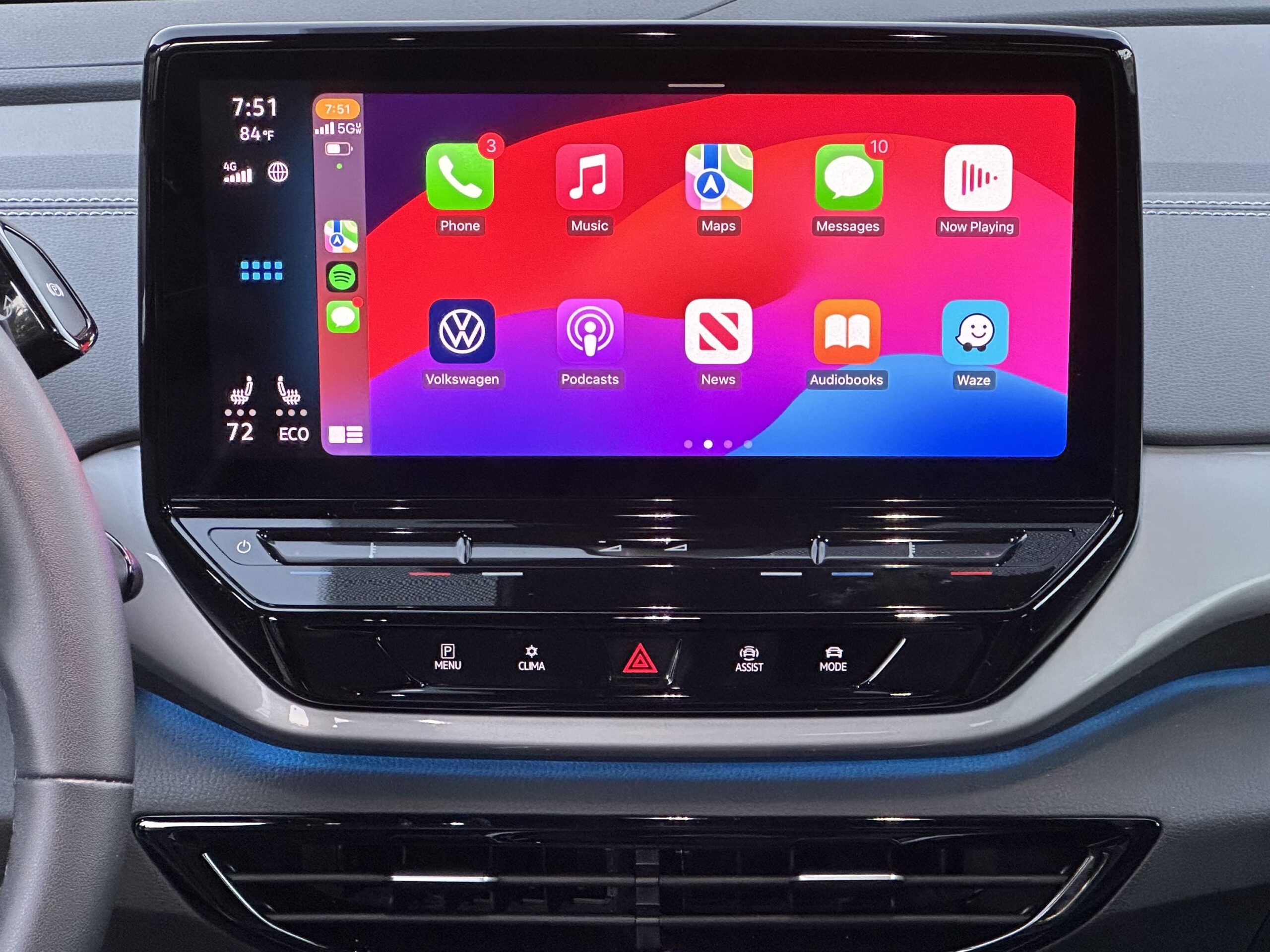
2. **Volkswagen**Volkswagen, a German automaker celebrated for its precision engineering and reputation for quality, might initially seem an unexpected entry on a list of less reliable brands. However, extensive consumer feedback reveals a consistent pattern of dissatisfaction due to persistent reliability concerns. Despite its heritage of design excellence, some Volkswagen models have been noted for significant issues that challenge the brand’s premium image and impose unexpected costs on owners.
Key reliability concerns include critical safety components such as “airbag malfunctioning,” a serious flaw compromising occupant protection. Moreover, “oil leakage in some models” is a frequently reported problem, indicating potential engine seal failures that demand prompt and often expensive repairs. These issues, alongside recurring “suspension concerns,” suggest underlying weaknesses in vital mechanical systems. Such problems often necessitate unscheduled service visits and can lead to substantial repair bills.
There’s a perception that Volkswagen may cut costs to deliver a “somewhat less expensive ‘luxury sports experience’.” While aiming for accessible premium appeal, if this comes at the expense of core dependability, it undermines the brand’s long-term value. Sophisticated design can mask underlying reliability issues until owners face recurring mechanical and electrical troubles, leading to significant frustration and financial strain.
Read more about: 12 Cars That Went From “Wow” to “Yikes”—Cool to Cringe in No Time
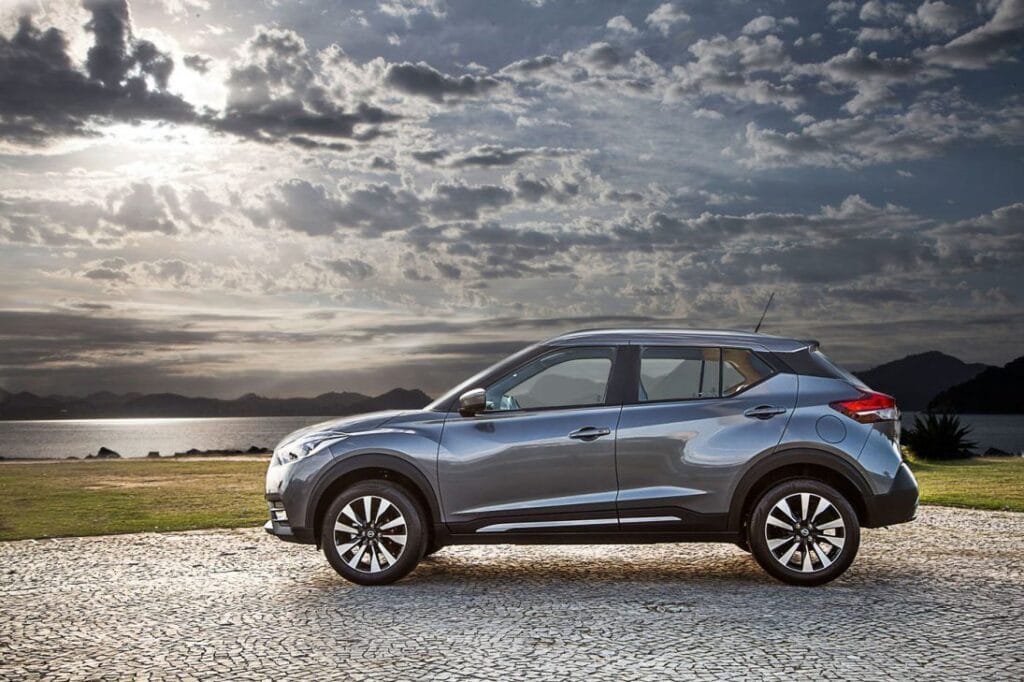
3. **Nissan**Nissan, a major Japanese automaker, has experienced a notable decline in its reputation for reliability over recent years. Once known for affordable and dependable vehicles, the brand now faces increasing criticism for inconsistent build quality and a growing number of chronic issues. This decline has led many consumers to question the genuine value offered by Nissan models, particularly considering the potential for high long-term ownership costs.
A predominant issue for Nissan vehicles centers on its Continuously Variable Transmissions (CVTs), which have a history of premature failure due to problems like overheating and belt slippage. These CVT issues are not only costly to repair but severely impact drivability and vehicle longevity, causing immense frustration. Additionally, various Nissan models have struggled with “malfunctioning sensors, non-responsive push-button ignitions,” and faulty camshaft and crankshaft sensors, leading to erratic vehicle behavior and unexpected engine shutdowns.
Furthermore, “annual maintenance of Nissan might be a little expensive as the ownership costs are above average.” This is crucial, as an attractive initial price can be overshadowed by cumulative expenses for repairs and servicing. Reports of “oil leakage in some models” and “rusty bodywork” further point to deficiencies in fundamental engineering and material quality, compromising long-term durability and resale value, making Nissan a more challenging investment.
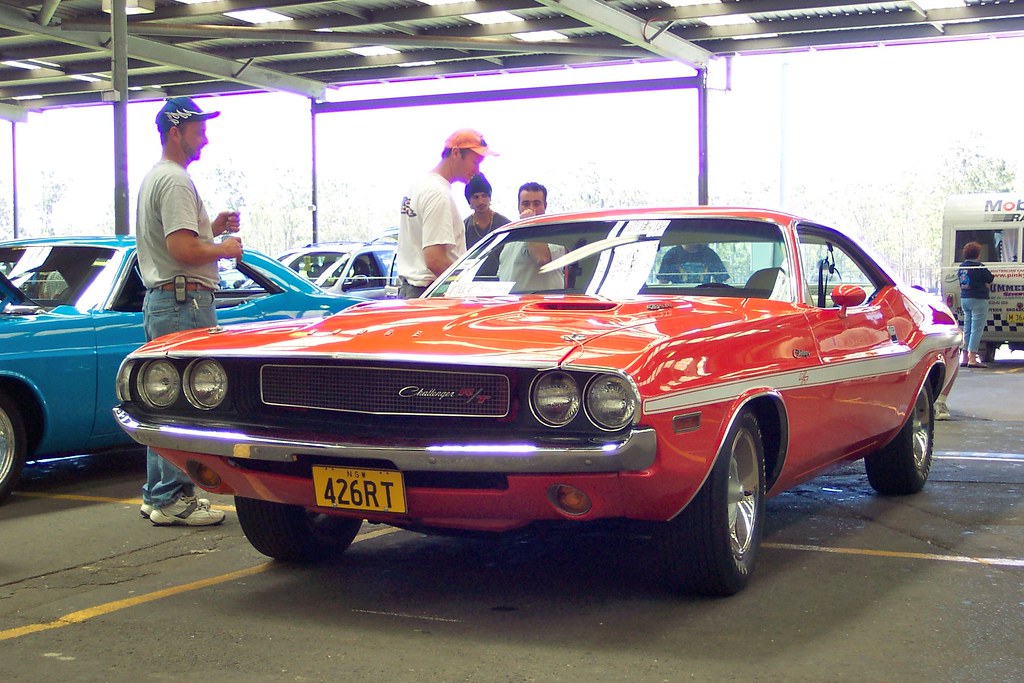
4. **Dodge**Dodge, an iconic American automaker, is recognized for its powerful sports cars and rugged work trucks. However, beneath this strong image, consumer reports and reliability assessments frequently position Dodge among the less dependable car brands. The initial thrill of a Dodge vehicle can quickly give way to considerable ownership headaches and financial burdens due to a litany of mechanical and structural problems.
Significant concerns for Dodge vehicles include interior quality issues, with many owners complaining about “fragile dashboards.” More critically, reports of “low mileage engines” and “lifters failing” indicate severe underlying engine reliability problems. Lifter failures are complex and expensive to fix, potentially causing catastrophic engine damage if not addressed swiftly, effectively disabling the vehicle and necessitating costly overhauls that challenge the brand’s perceived robustness.
Furthermore, “exhaust failures” and “coolant leaks” are additional drawbacks for Dodge models. Exhaust system problems can lead to reduced performance and potential safety issues from fumes, while coolant leaks risk engine overheating and severe internal damage. These fundamental operational issues directly impact a vehicle’s longevity and safety, significantly undermining Dodge’s reputation for dependability.
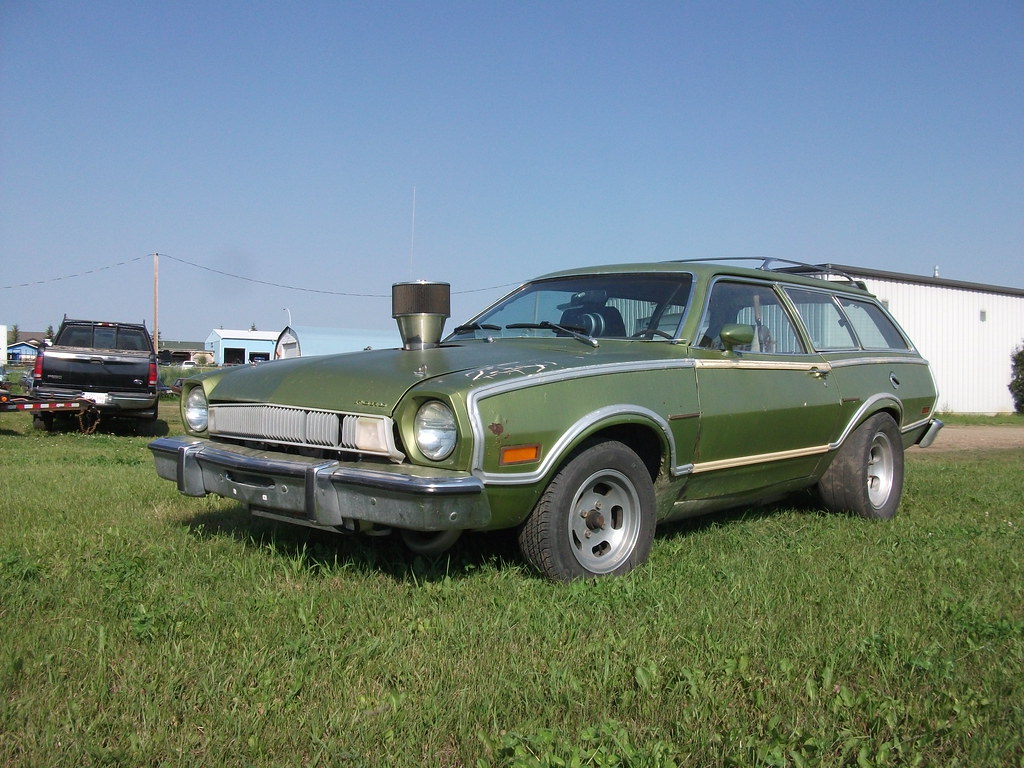
5. **Ford**Ford, an enduring symbol of American automotive manufacturing, holds a storied place in history. Yet, despite its legendary status and pervasive market presence, some Ford vehicles have struggled in recent years to consistently meet the high expectations associated with their heritage. Consumer feedback often places Ford towards the lower end of reliability scales, revealing a notable discrepancy between its established image and the real-world experiences of many owners.
A primary source of frustration for Ford owners has been the PowerShift transmission, prominently featured in models such as the Focus and Fiesta. These transmissions have been the subject of class-action lawsuits due to widespread defects that cause “shuddering and difficult shifting.” Such chronic problems severely detract from the driving experience and often lead to expensive, recurrent repairs or even total replacements.
Beyond transmission woes, Ford owners have also reported other persistent issues, including “oil leakage” and “AC and ventilation problems,” suggesting deficiencies in critical engine sealing and climate control systems. Additionally, “issues in the ignition system” and “spark plug failure” can result in erratic engine performance or complete breakdowns. These problems collectively contribute to Ford’s “poor reliability rating” and above-average annual maintenance costs.
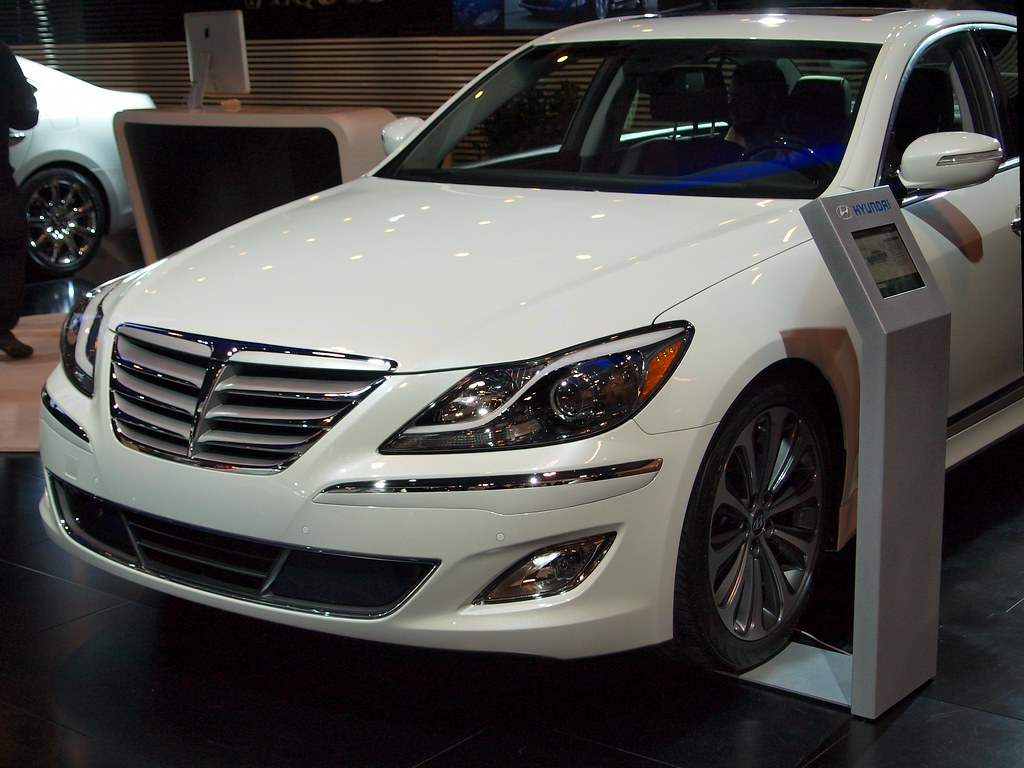
6. **Hyundai**Hyundai, a prominent South Korean automotive company, offers high-quality cars with features comparable to Japanese vehicles but at a more competitive price. The brand also provides extended warranties, initially offering security to buyers. However, despite these appealing aspects, Hyundai has faced substantial challenges concerning the reliability of specific models, particularly relating to fundamental components like the engine, resulting in owner dissatisfaction and unexpected expenses.
The most critical and widespread issue reported by Hyundai owners pertains to “engine failure complaints.” Several models have experienced severe problems, including “engine seizing and failure due to metal debris left during manufacturing.” This represents a profound manufacturing defect capable of causing catastrophic breakdowns, necessitating extensive and costly engine overhauls or complete replacements. Such deep-seated engine issues fundamentally compromise the vehicle’s core function and longevity.
Beyond these severe engine problems, Hyundai vehicles have also been noted for various “electrical issues, such as failing powertrains and stalling,” especially in popular models like the Sonata and Elantra. These electrical glitches can manifest unpredictably, impacting everything from vehicle performance to safety systems, creating an unreliable and potentially unsafe driving experience. For consumers, it is vital to recognize that these benefits can be quickly overshadowed by substantial and often expensive reliability issues.
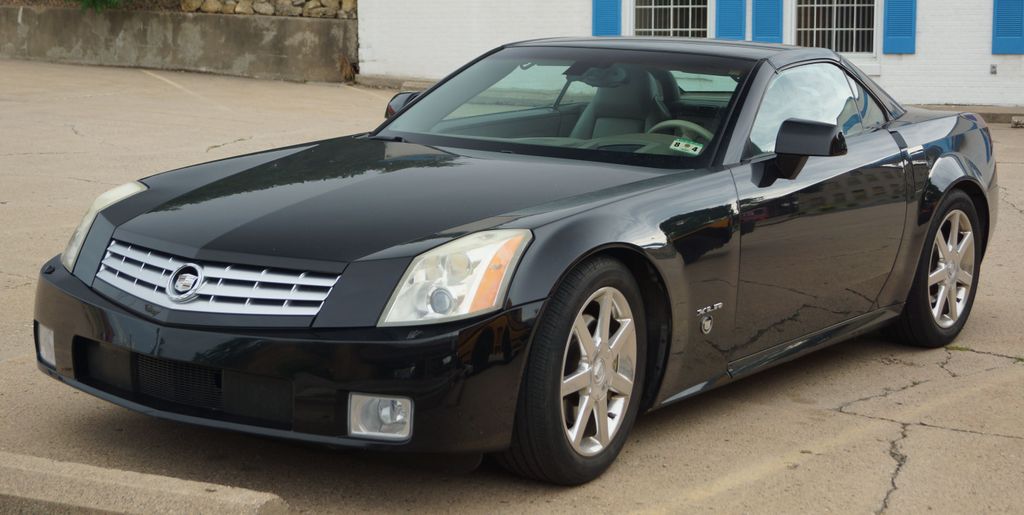
7. **Cadillac**Cadillac, historically revered as a pinnacle of American luxury and engineering, has seen its market standing shift. While once synonymous with top-tier reliability, contemporary models increasingly draw negative feedback from consumers. Many owners report systemic problems that detract from the brand’s storied reputation, questioning if the luxury status truly aligns with real-world dependability.
One primary concern for Cadillac vehicles lies in their complex electrical systems, which are prone to various defects. These issues can affect vital engine functions, sophisticated infotainment displays, and essential safety features. Such glitches create unpredictable vehicle behavior and often necessitate frequent, costly repairs, challenging the convenience expected of a luxury vehicle.
Recurrent suspension defects are also frequently cited by owners, impacting ride comfort and structural integrity. These problems lead to a less stable driving experience and expensive repairs. Engine-related issues, like premature timing chain wear and complications from cylinder deactivation, contribute to reduced performance and substantial repair bills.
Transmission failures further compound the ownership burden, causing unpredictable vehicle behavior and unscheduled service visits. Despite Cadillac’s branding, criticism points to “outdated interiors” and “less impressive performance compared to its German competitors.” Specific complaints also mention an “uncoated cue screen,” diminishing the premium feel and user experience.
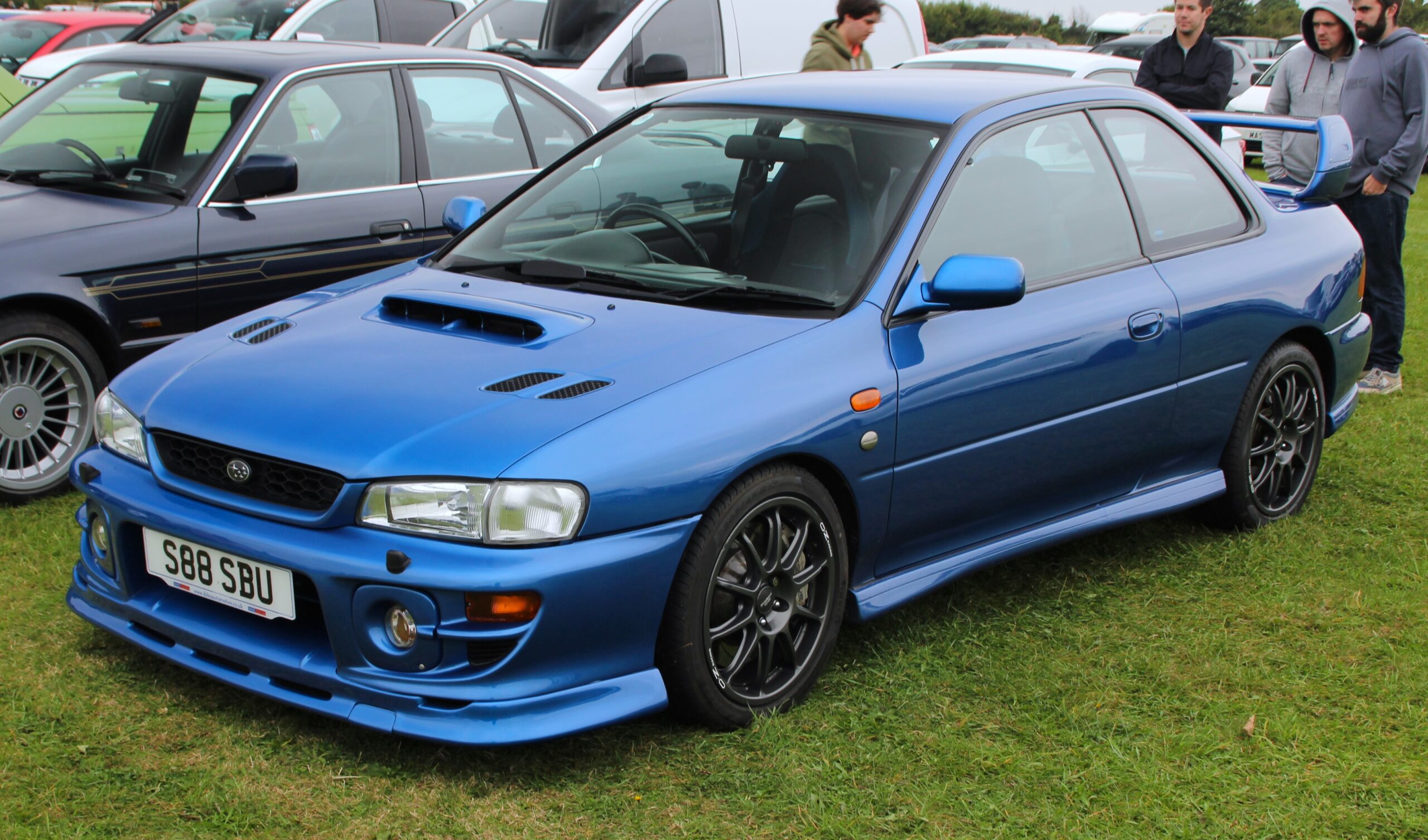
8. **Subaru**Subaru, a Japanese automaker, is known for its “exceptional combination of boxer engines and all-wheel drive,” appealing for performance in diverse conditions. However, the brand’s reliability scores have noticeably declined, raising concerns for owners expecting long-term dependability. This shift challenges Subaru’s adventurous image.
A significant issue for many Subaru models involves persistent “gasket problems,” particularly head gaskets. These lead to serious engine complications like oil leaks and reduced efficiency, requiring extensive and costly repairs. The fundamental nature of these issues impacts vehicle health and owner peace of mind.
Additionally, many Subaru engines are described as “pretty noisy,” detracting from the driving experience and signaling mechanical stress. This noise, combined with actual failures, suggests declining build quality.
Beyond engine concerns, Subaru vehicles have a “very high repair cost,” eroding their initial value. “Fuel pump failure” and “defects in the brake light switch” further contribute to elevated ownership costs and unexpected downtime. These issues collectively place some Subaru models among the “least reliable” in consumer rankings.
Read more about: Seriously, What Were We Thinking? 15 Cars That Went From Peak Cool To Total Cringe
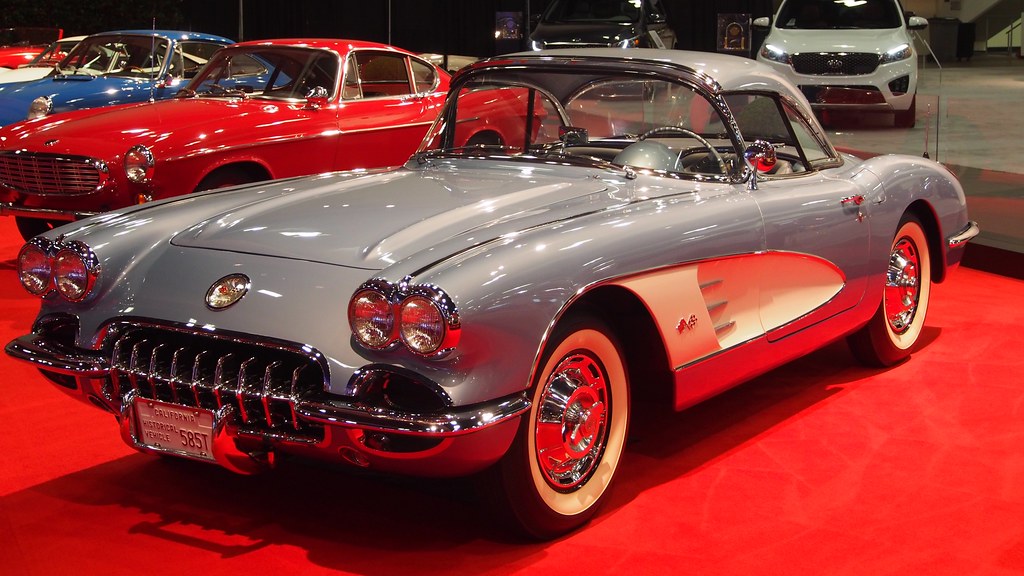
9. **Chevrolet**Chevrolet, an iconic American brand, aims to balance reliability and affordability across its diverse lineup. While many models are valued for their proposition, consumer feedback reveals persistent reliability challenges. This has led to less-than-stellar performance in recent dependability rankings, questioning consistent quality.
Certain Chevrolet models, such as the Cruze, are plagued by mechanical issues. Owners report “coolant leaks and head gasket failures,” which cause significant engine damage if not promptly addressed. These failures highlight potential weaknesses in design, leading to costly and time-consuming repairs that impact vehicle longevity.
Other electrical malfunctions, like “Pass lock failure” and “problems with the fuel level sensor,” can cause erratic vehicle operation or complete immobilization. These issues manifest unpredictably, impacting engine start-up and fuel readings, creating a sense of unreliability.
More seriously, some Chevrolet models are linked to fatalities, with “rear wheels locked when the brakes were applied suddenly” being cited. This points to critical safety defects. Buyers must research specific model reliability and safety records, especially given reports of “lower performance standards and below-average interiors.”
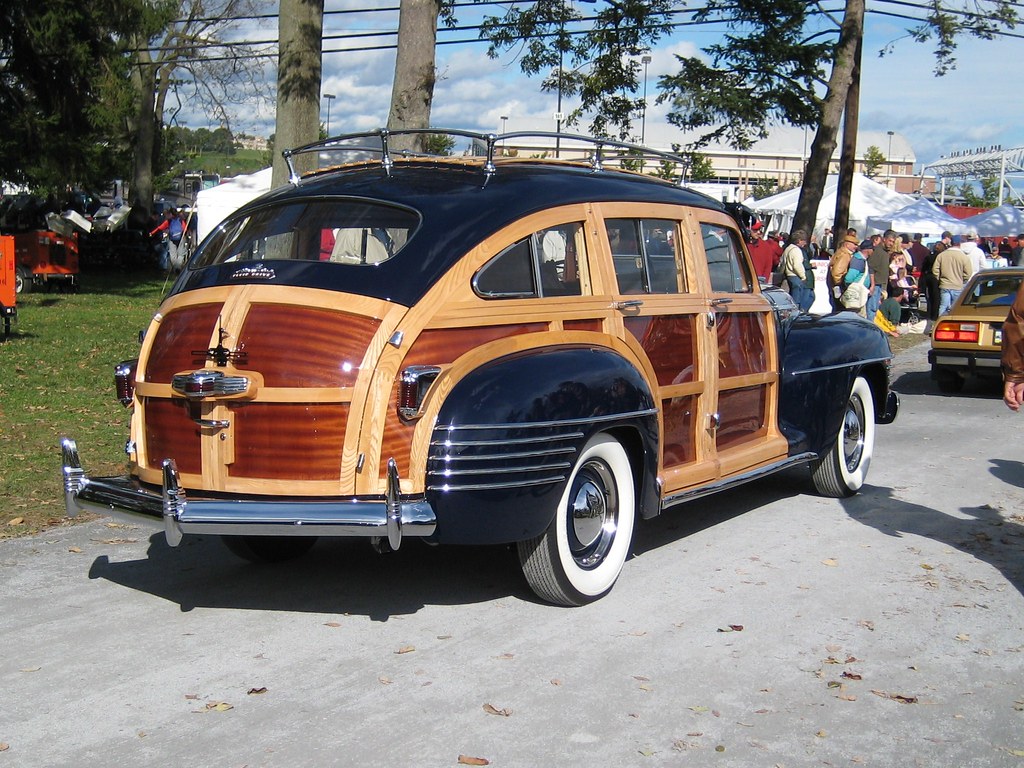
10. **Chrysler**Chrysler, one of America’s oldest auto companies, struggles to maintain its competitive edge and reputation for “well-engineered” cars. Modern models face criticism for being “outdated and overpriced,” impacting consumer confidence. This struggle for relevance raises questions about the brand’s future.
A prevalent issue for Chrysler owners involves significant transmission problems, particularly in models like the 200 and Pacifica. Consumers report “unexpected shifting behaviors” and “complete transmission failures.” These issues are expensive, compromise vehicle safety, and lead to considerable owner dissatisfaction.
Beyond transmission issues, electrical problems frequently plague various Chrysler models. Reports include “faulty ignition switches and failing power modules,” leading to critical operational problems. Alarming experiences of cars “getting stalled suddenly while driving” or “shutting off while they were on the road” pose significant safety risks.
The brand’s historical “focus on large sedans and minivans has left it behind” as the market shifts. These factors, combined with “engine failure” and “intermittent ignition,” contribute to declining quality and value, making Chrysler a challenging investment for long-term dependability.
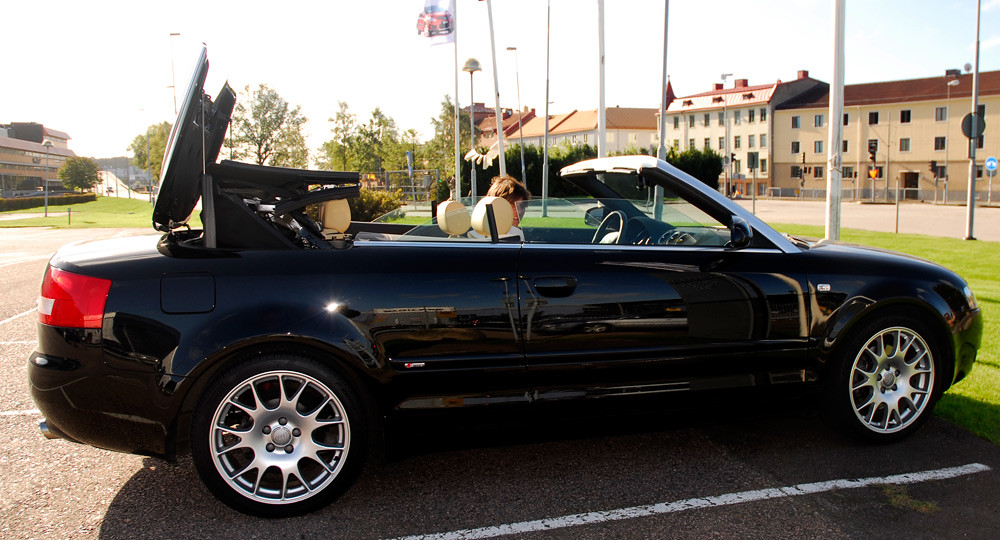
For any prospective car buyer, the most crucial takeaway is the imperative to “dig deeper than the hype.” Prioritizing fundamental factors such as verified reliability, sustainable ownership costs, and how well a vehicle truly meets your personal needs is paramount for a satisfactory purchase. A car should serve as a dependable asset, enhancing your daily life without becoming an unforeseen burden laden with unexpected expenses and frustrations. By making informed decisions based on meticulous research rather than mere brand perception, you can confidently select a vehicle that genuinely delivers lasting value and peace of mind for years to come.




